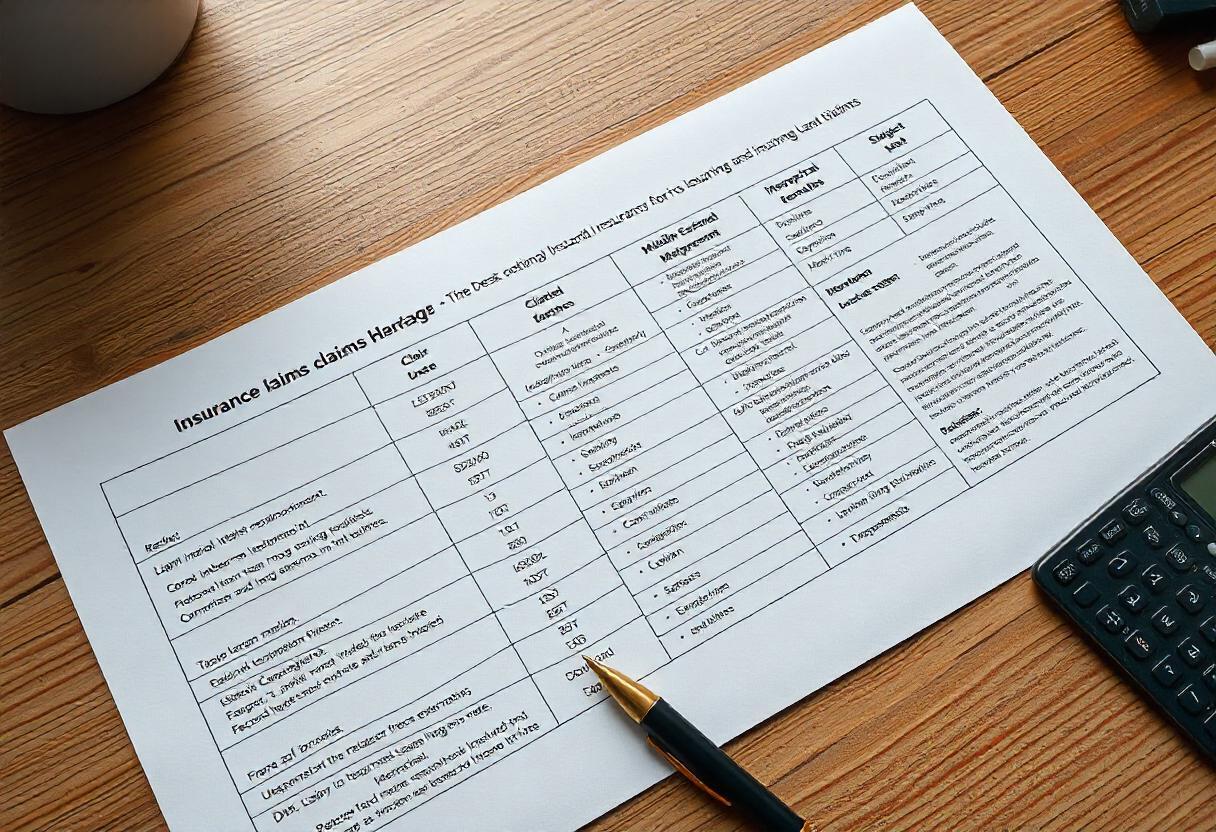Before purchasing a used vehicle, it's crucial to understand its history, particularly if it has been involved in any accidents. A vehicle’s accident history can significantly affect its safety, value, and long-term maintenance costs. By checking a vehicle’s accident history using its number plate, buyers can make more informed decisions and avoid potential issues down the road.
There are several ways to check a vehicle’s accident history, all of which are accessible with just the vehicle’s number plate. These methods include using online vehicle check services, accessing official records from the DVLA, reviewing insurance claims history, and even consulting local police services.
Knowing whether a vehicle has been in an accident provides peace of mind and can help buyers avoid costly surprises. In this article, we will explore the different tools and resources available to help you check a vehicle's accident history, ensuring you're well-informed before making your purchase.
Online Vehicle Check Services

One of the easiest and quickest ways to check a vehicle’s accident history is through online vehicle check services. These platforms offer comprehensive reports based on the vehicle’s number plate, providing insights into whether the car has been involved in an accident, among other important details such as mileage and MOT history.
Steps to Use an Online Vehicle Check Service
- Visit a reputable vehicle check website, such as HPI Check or AutoTrader.
- Enter the vehicle’s registration number (number plate) into the search field.
- Select the type of report you need. Some services offer basic checks for free, while more detailed accident history reports may require a fee.
- Review the report, which will indicate if the vehicle has been involved in any accidents, recorded as a total loss, or has outstanding finance agreements.
Benefits of Using Online Services
Online vehicle check services are convenient and offer detailed information within minutes. These reports not only help you uncover any accident history but can also reveal other vital data, such as whether the vehicle has been stolen or has a tampered odometer. This makes them a valuable resource for anyone before purchasing a used vehicle.
Popular Online Vehicle Check Services
In the UK, several platforms are widely trusted for vehicle history reports:
- HPI Check: One of the most well-known services, providing in-depth data on a vehicle’s accident history, write-offs, and more.
- AutoTrader: Offers vehicle history checks alongside its marketplace listings, making it easy to cross-reference a vehicle’s background.
- CarAnalytics: A popular choice for a more cost-effective option, providing essential accident history at a lower price.
By using these services, potential buyers can quickly assess the safety and value of a vehicle, helping to avoid purchasing a car with hidden accident damage.
DVLA Information Service
The Driver and Vehicle Licensing Agency (DVLA) provides official records on all registered vehicles in the UK, making it a reliable resource for checking a vehicle’s history, including accident data. The DVLA’s vehicle information service allows buyers to access important details about a vehicle’s past, allaying any fears when considering a second-hand purchase.
How to Access DVLA's Vehicle Information Service
To access a vehicle’s history through the DVLA, follow these steps:
- Visit the DVLA’s official website and navigate to the vehicle enquiry service.
- Enter the vehicle’s registration number (number plate) and select "Search."
- You will receive basic vehicle information such as its current tax and MOT status. For more detailed history, including accident data, additional checks may be needed through third-party services.
Types of Information Provided by DVLA
While the DVLA doesn’t directly offer detailed accident history, it provides crucial data such as:
- Vehicle make and model
- Year of manufacture
- MOT history
- Date of last V5C logbook update
This data can be helpful when cross-referencing with other sources, ensuring that the vehicle’s records are consistent and up-to-date.
Advantages of Using DVLA Services
Using the DVLA’s official records gives buyers access to accurate, government-sourced information. The DVLA ensures that all data related to a vehicle’s registration and legal status is correct, offering buyers a solid foundation to build on when conducting more detailed accident checks via third-party services.
Insurance Claims History

A vehicle’s insurance claims history is an essential piece of the puzzle when determining whether it has been involved in any accidents. This history reveals if an insurance claim has been made for damage to the vehicle, which can be a strong indicator of previous accidents, even if they weren’t recorded elsewhere.
How to Obtain a Vehicle’s Insurance Claims History
To access a vehicle’s insurance claims history, you can use services such as the Motor Insurance Database (MID) or request the information directly from the vehicle’s previous owner or insurer. Some online vehicle check services also include insurance claims data as part of their comprehensive reports.
The Role of the Motor Insurance Database (MID)
The Motor Insurance Database is a central record of all insured vehicles in the UK. Although primarily used to confirm whether a vehicle is insured, it can also help identify whether a car has been subject to insurance claims related to accidents. Access to the MID is usually restricted, but services like MyCarCheck or HPI often include insurance data in their reports.
Interpreting Insurance Claims History Reports
When reviewing a vehicle’s insurance claims history, look out for:
- Dates of claims: These can help determine when the vehicle may have sustained damage.
- Type of claim: Whether the claim was for minor repairs or major accident damage.
- Write-offs: If the vehicle was written off by the insurer, it’s important to investigate further to understand the severity of the damage and whether it was repaired to a safe standard.
Understanding a vehicle’s insurance claims history provides additional confidence when evaluating its safety and reliability, helping to avoid purchasing a vehicle that may have hidden damage.
Local Police Services

Local police services are another valuable resource for verifying a vehicle's accident history. Police records can provide information on any accidents that were reported and investigated, offering a more detailed history of incidents that might not appear in insurance or online databases.
How to Request Accident History from Local Police Services
Requesting accident history from local police services typically involves contacting the relevant local police department. Here’s how you can approach this:
- Reach out to the police force in the area where the vehicle was registered or where an accident might have occurred.
- Provide the vehicle’s registration number (number plate) and any other necessary details, such as the vehicle owner’s information (if available).
- Depending on the department, they may be able to provide you with basic details about any accidents reported involving that vehicle.
It’s important to note that this method may require some patience, as responses can take time depending on the local police’s workload and data availability.
What Information Can the Police Provide?
While local police services might not provide detailed accident reports directly, they can confirm if the vehicle has been involved in a reported accident. This information is particularly useful when checking the vehicle’s history, especially if other services don’t indicate any issues.
Tips for Using Police Services to Verify Accident History
- Be specific: Provide as much information as possible, such as the timeframe when the vehicle was registered in the area.
- Understand the limits: Police records typically cover incidents that resulted in serious damage or injury, so minor accidents might not always be included.
- Combine with other resources: For a thorough understanding of the vehicle’s accident history, use police records in conjunction with other methods like insurance history and online checks.
While it may take some effort, using local police services can provide additional reassurance that you’re making a safe purchase.
Understanding a vehicle's accident history is an essential step in making an informed purchase. Whether you’re using online vehicle check services, accessing official records from the DVLA, reviewing insurance claims history, or reaching out to local police services, these resources provide valuable insights into a vehicle's past.
By using a combination of these methods, you can confidently assess whether a vehicle has been involved in any accidents, giving you the knowledge needed to make a smart buying decision. Always remember that thorough research can help prevent costly surprises and ensure that you’re investing in a safe, reliable vehicle.
For any further inquiries, feel free to contact us, and our team will be happy to assist you with any concerns.
